Disorganization mars Bill C-5 summit, but progress possible if Liberals commit to consultation, chiefs say
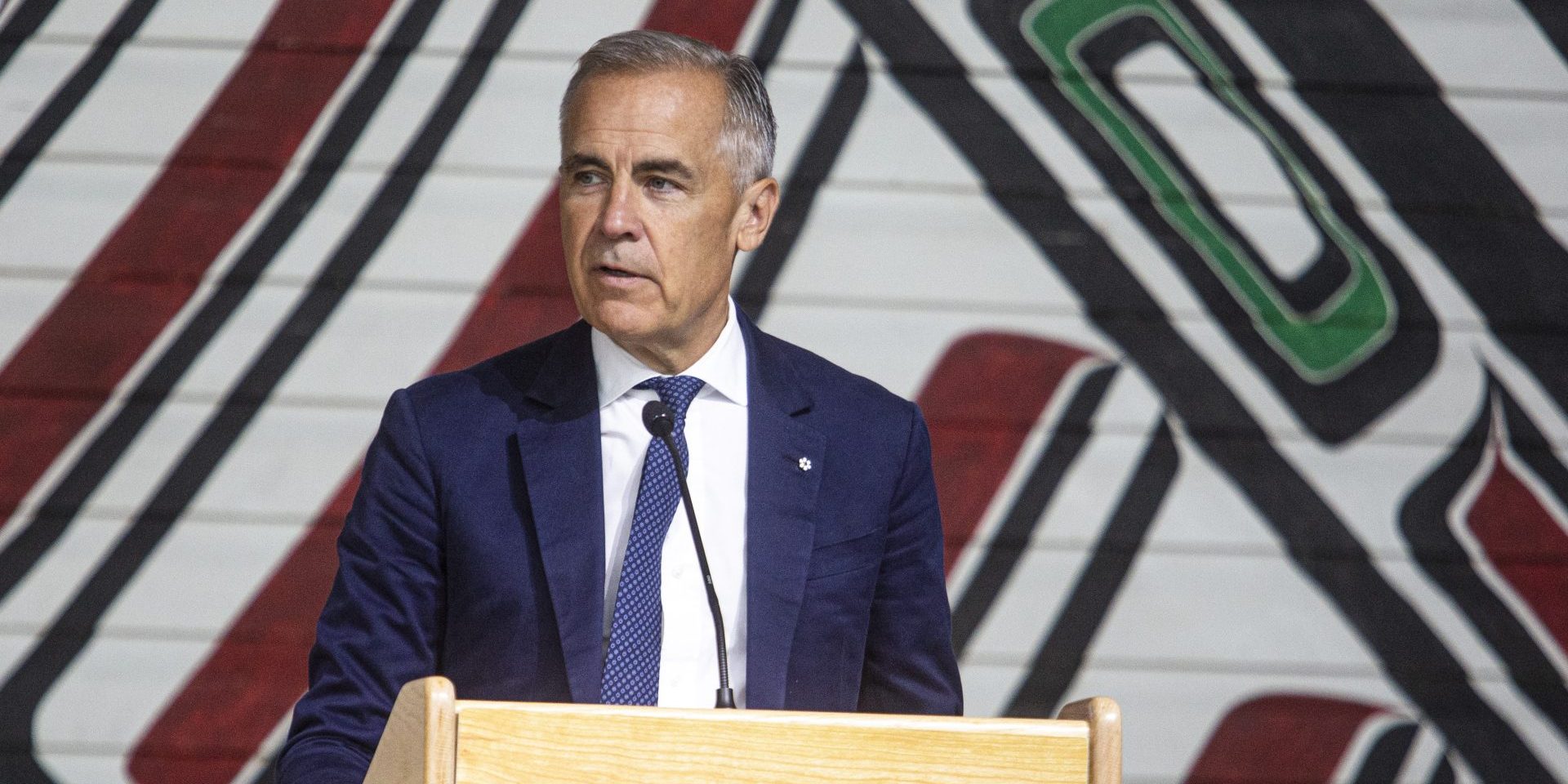
Prime Minister Mark Carney’s summit with First Nations leaders on the Liberal’s controversial nation-building law is a “good start,” say some chiefs who stress more conversations “need to happen” as others stand in “staunch opposition” to the legislation.
Carney (Nepean, Ont.) focused his remarks on July 17 on the benefits of economic development, telling those gathered at Canadian Museum of History in Gatineau, Que., “today is about the future of our economy,” and noting that First Nations leaderships’ “help” will build “prosperity” for their future.
Bill C-5, the One Canadian Economy Act, passed the House and the Senate in record time last month. It gives cabinet the power to bypass environmental regulations and Indigenous treaty rights to fast-track projects in the “national interest.” The move has drawn criticism from environmental activists and Indigenous groups, with nine First Nations in Ontario launching a legal challenge against the legislation, claiming it violates the Charter of Rights and Freedoms.
Carney promised approved nation-building development projects would take place in collaboration with Indigenous communities in his remarks at the two-day gathering, pledging to build projects “with” Indigenous nations, and saying that the “economic value” generated by the projects built “will be shared with First Nations as partners.”
The remarks drew mixed reactions from the chiefs attending. Assembly of First Nations National (AFN) Chief Cindy Woodhouse Nepinak called the summit a “good start.” It was important the prime minister met with and listened to First Nations’ concerns, she said, but emphasized there is still “a lot of work to do.”
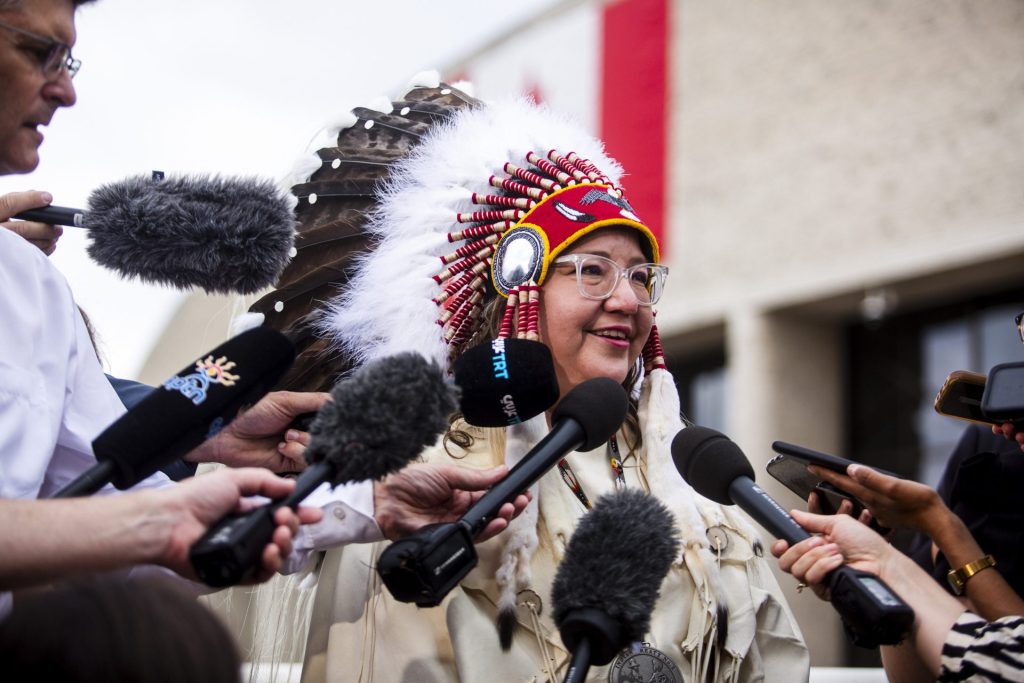
“I’m glad that the summit has happened, and I’m glad that the prime minister spent the day with First Nations,” she said. “He rolled up his sleeves and he listened. And I know that conversations are not easy to have.”
Anishinabek Nation Grand Council Chief Linda Debassige said “many” of the organization’s chiefs are still in “staunch opposition” to the legislation. But she said there are varied opinions among leadership, with some still feeling the “deepest distrust” towards the government, and others sharing a “cautious optimism,” and “begrudgingly … wanting to trust.”
Debassige, who attended the summit, said she is still concerned about Carney respecting Indigenous Peoples’ right to free, prior, and informed consent, saying First Nations should have the opportunity to review legislation before it is introduced.
“There is no trust unless the draft bill is shared with First Nations so they can do their own reviews,” she said, adding this work can be done quickly. “Gone are the days that governments … [can] define First Nations partnership as delays.”
She noted a similar “very precedent setting” process was introduced with Bill C-61, which was aimed at ensuring First Nations communities have access to clean, safe drinking water but died on the order paper at prorogation in January.
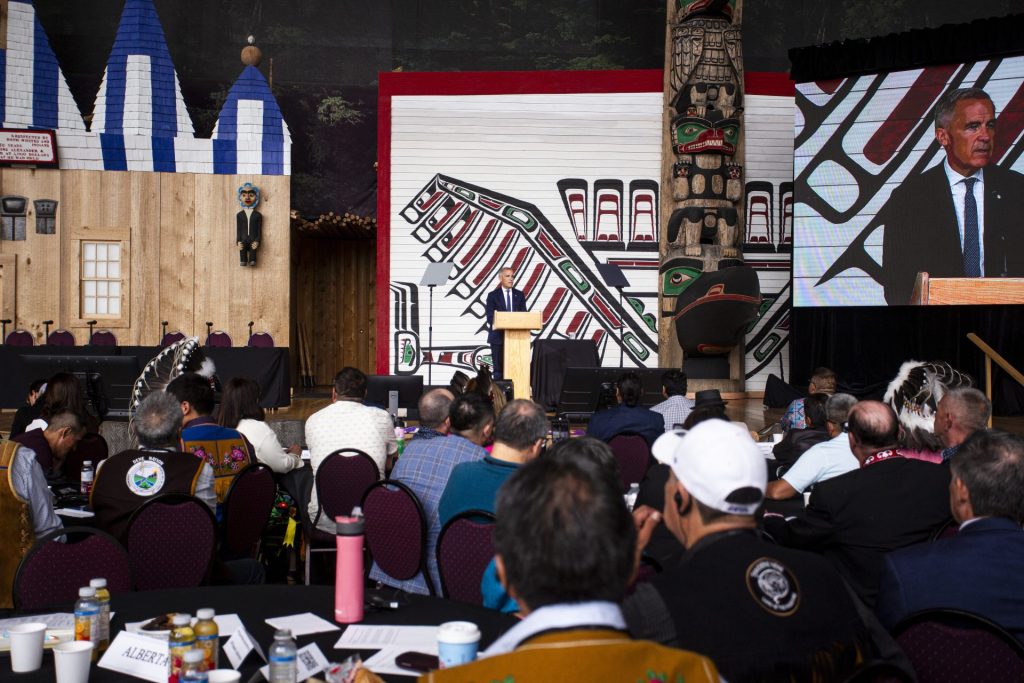
Still, Debassige called it “incredible” that Carney spent an entire day listening to First Nations chiefs, explaining that, in her experience, previous prime ministers haven’t answered their questions, or have deferred them to ministers.
“I’ve never seen in my career where the prime minister has stayed a full day with First Nations leadership and was available to answer questions,” she said. “Although he was surrounded by his ministers, he took a very strong leadership role, where he answered all the questions himself on the spot.”
But she emphasised that the summit was “not consultation.”
Summit organization could have been ‘a lot better,’ say attendees
Some attendees highlighted issues with the summit’s organization. Chiefs reported getting invitations days out from the the event, leaving them scrambling to plan their travels, with long distances from remote communities a factor for some leaders.
The agenda was also released shockingly late, with many saying they got the outline of the proceedings late the night before.
Debassige also explained that chiefs’ technical support and staff were not allowed in the same room during the meeting with Carney, which meant they could only communicate with their support by phone.
Olivier Cullen, who previously worked as the chief of staff for then-Indigenous Services minister Patty Hajdu (Thunder Bay—Superior North, Ont.), called the approach “bonkers,” noting Carney and his ministers had their staff and senior advisers present.
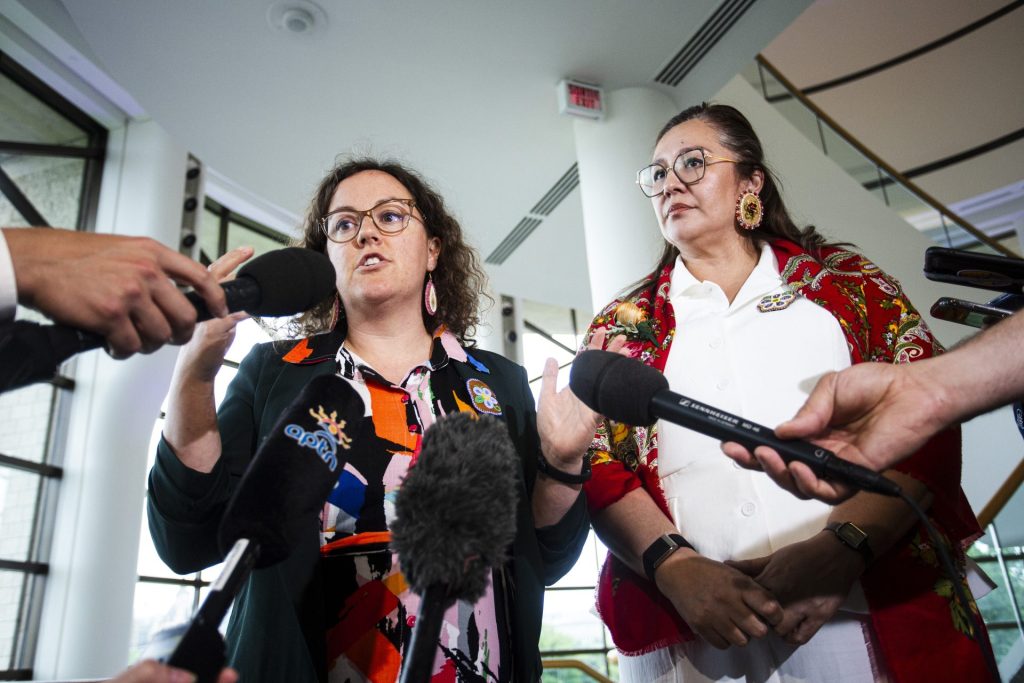
Wet’suwet’en Hereditary Chief Na’Moks said his invitation came the day before the event when he was already en route to Gatineau, determined to attend regardless to make the hereditary chiefs voices’ “heard.”
“Whether invited or not, we have a right to speak. We do live in a so-called democratic country,” he said in an interview ahead of the summit. “We have concerns, and great concerns.”
Na’Moks said he believes his invitation came late because the government doesn’t want to recognize the hereditary governance system, despite a 1977 Supreme Court decision that ruled that the Wet’suwet’en nation’s chiefs are title holders of their territories.
“We’re running a nation, the same as the prime minister of this country,” Na’Moks said.
Debassige also said the summit schedule—which included panels, as well as conversations with Carney—meant there was not enough time for chiefs to actually speak with the Liberal leader and pose their questions.
“I just feel that there was a lack of time for leadership to fully have the opportunity to provide our questions to the prime minister,” she said. “I thought that could have been done a lot better, where it allowed for a longer forum for leadership to ask those direct questions.”
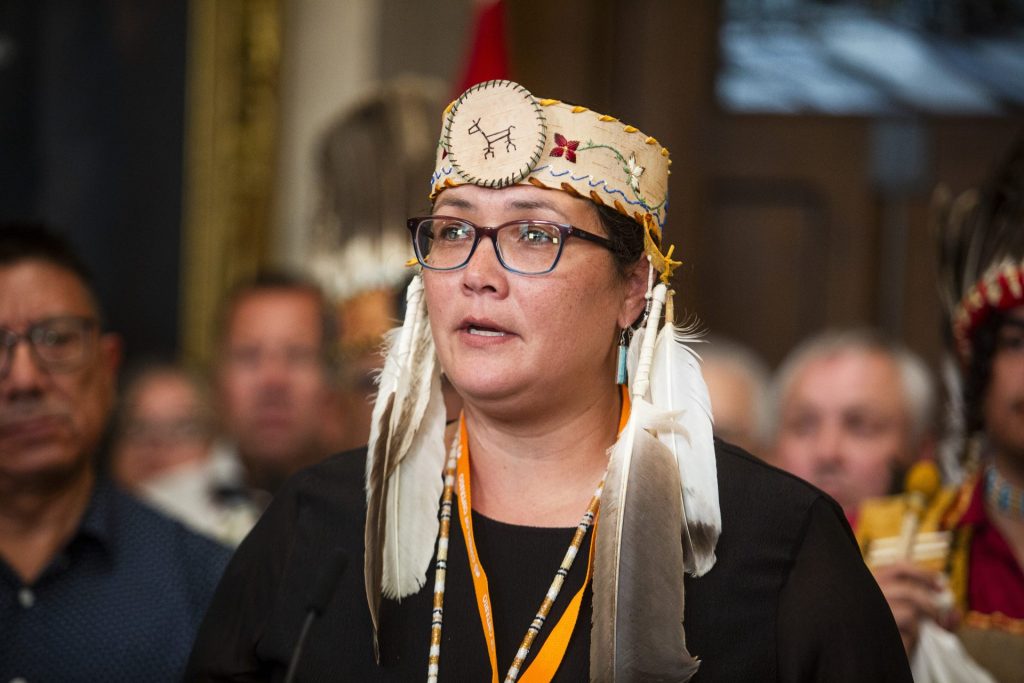
Chiefs also raised other concerns that remained on their “radar,” noted Debassige. For her part, she expressed disappointment that Bill C-61 still hasn’t been reintroduced this Parliament.
“If you can pass this legislation so quickly, why can’t you do the same with the legislation pertaining to First Nations?” she said.
Chiefs were also asked to submit their questions in advance, and were greeted with a list of questions on the tables they were asked to address. This drew negative reactions from some attendees, including Mohawk Council of Kahnawà:ke Grand Chief Cody Diabo, who said he considered leaving the event.
Cullen said a lot of the event’s disorganization was due to how quickly it was assembled. He noted that regardless of pre-submitted questions “people stood up and talked about whatever they wanted to talk about”—it was just used as a mechanism to get people on a speaking list.
“The logistics of putting something like this together in the middle of the summer, in wildfire season, with chiefs coming from all over the country into Ottawa for a two-day session … hats off that it happened,” he said.
“This is the federal government we’re talking about. It’s like turning around the Titanic after it’s halfway underwater. It doesn’t happen quickly. Nothing happens quickly.”
Carney must commit to regional consultation, say chiefs
Carney has committed to meeting with First Nations leadership more in the future, announcing plans to hold tables in their territories to meet chiefs individually in the coming months.
Woodhouse Nepinak said this is a good next step, but she also wants the summit to be held again in a year to address progress.
“There’s a lot of conversations that need to happen, and it’s a complicated relationship at the best of times,” she said. “It’s not a one size fits all for every First Nation community.”
But she said she wants to see the prime minister address the “infrastructure gap.” Last year, the AFN released a report which estimated an investment of $349.2-billion would be needed to do so.
“Off-reserve, [children] have access to health-care centres or hospitals. They have access to play structures and good paved roads and cell phone service,” Woodhouse Nepinak said. “A lot of our communities don’t have those basic necessities.”
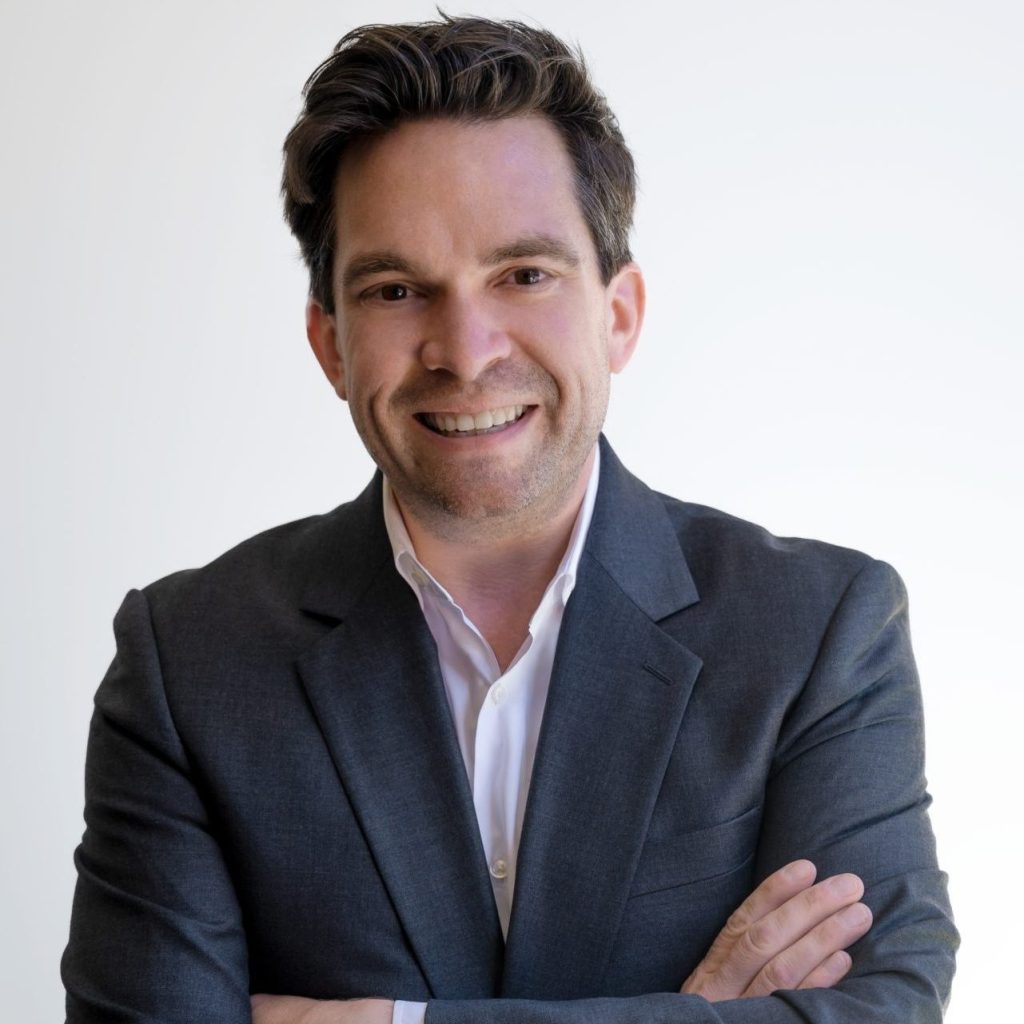
“Why should a child on-reserve be discriminated against versus off-reserve?”
Debassige also said Anishinabek Nation has asked Carney to meet with them “directly,” noting the nation has areas that would be “of interest for national projects.”
Cullen emphasized there is a “need” to focus on “next steps,” as the “process to date on C-5 has not really gone in a way that has included Indigenous or First Nations voices.” He added he is “cautiously optimistic” that things will change going forward, with the summit demonstrating First Nations are committed to economic development—but as “partners,” and not just a “spectator.”
“If the government decides to plow ahead, and put projects on a list and start the process without engaging or consulting properly, that’s not going to go over well,” Cullen said. “If they … have a proper consultation within the legal framework of what consultation actually means, then things are going to go well.”
But Chief Na’Moks said he wants the climate to be a focus going ahead, not industries, saying the “dollar bill does not have any conscience.”
“We’re going through catastrophic weather events right now, and that’s all industry driven,” he said. “Look at the heat wave that is happening here right now. Do they think it’ll just end tomorrow, because they’re selling off resources that we’re going to need in the future?”
ewand@hilltimes.com
The Hill Times






 LICENSING
LICENSING PODCAST
PODCAST ALERTS
ALERTS













